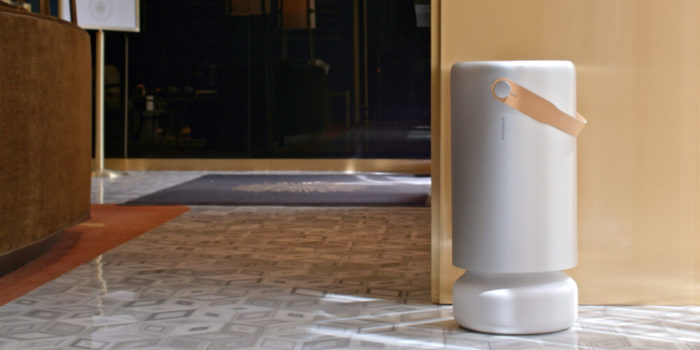How to Minimize Indoor Sources of Air Pollution: A Panel Discussion with Leading Researchers

Research on indoor air has never been bigger, and scientists have been finding out a lot more about how common activities have a negative impact on air quality. Cleaning methods and food preparation can contribute a lot of pollution to our breathing spaces unless we know a little about how our indoor atmosphere works.
Join leading indoor air quality researchers in discussing what we now know about indoor air quality and what we should be doing about it. During the one-hour discussion each researcher will discuss what led them to their field of study, and what implications their research has for people at work and at home. This will be followed by a question-and-answer session about what current indoor air standards are good for and what they could be missing.
Topics will include:
- How chemicals and fragrances form particle pollution
- How outdoor pollution interacts with indoor pollution
- The impact of cooking activities on air quality
- What the current green building standards like LEED are good for
- What is missing from current green building standards and how they could improve
This webinar is brought to you by Molekule.
Interested in registering a large group?
For inquries about group ordering, please contact the event organizer.
Speakers
-
 Dr. Eric David LebelStanford University
Dr. Eric David LebelStanford UniversityDr. Eric David Lebel graduated from Stanford University with a PhD in Environmental Earth System Science. His research focuses on emissions of methane and health-damaging air pollutants in California. Dr. Lebel is interested in using his research to promote building electrification, decrease dependence on oil and natural gas, and transition to cleaner sources of energy.
-
 Philip StevensIndiana University
Philip StevensIndiana UniversityPhilip Stevens, Rudy Professor and former chair of the Environmental Science Faculty Group, received a B.A. in chemistry from Oberlin College, and a Ph.D. in physical chemistry from Harvard University. Professor Stevens’s research is focused on the characterization of the chemical mechanisms in the atmosphere that influence indoor air quality, regional air quality, and global climate change. As a leading scholar in the field of atmospheric chemistry, Stevens’s research helps guide policymakers and government regulators working to improve air quality and mitigate climate change.
-
 Haldane KingScience Content Manager, Molekule
Haldane KingScience Content Manager, MolekuleHaldane King is a molecular biologist by education, a statistician by training, and a researcher by nature. He spent 15 years in the market research world helping to grow all types of companies from pharmaceuticals to software to insurance. Haldane has researched the world of air quality, air pollution, and air purifiers at Molekule and now proudly attends to the Molekule.Science blog.


















